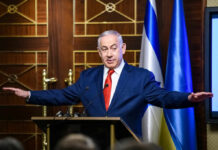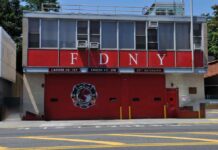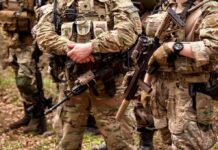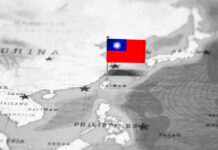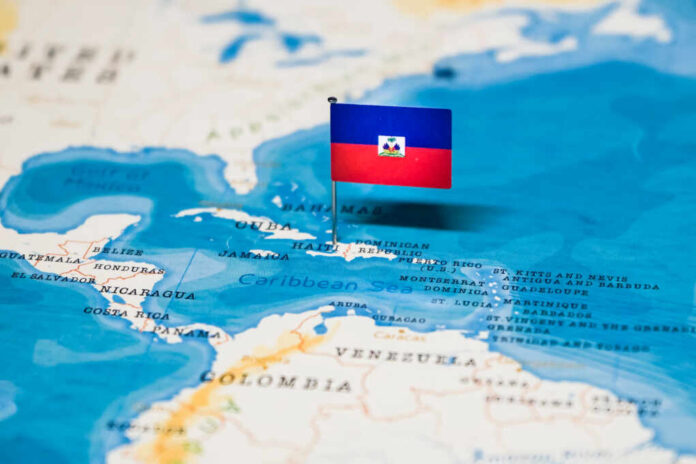
Haitians are taking to the streets with a fierce demand: end the chaos wrought by gangs and reform the political landscape.
At a Glance
- Protests against U.S.-backed Prime Minister Ariel Henry escalate due to fuel price hikes during a crisis.
- The U.S. and Canada provide military aid amid calls for a UN security mission, sparking further protests against foreign intervention.
- Gangs blockading a key port lead to severe shortages of essentials, intensifying the crisis.
- Haiti grapples with a cholera outbreak as the U.S. presses for an international security mission not affiliated with the UN.
Rising Tensions in Port-au-Prince
Protests have reached new heights in Port-au-Prince, Haiti, as frustrated citizens call for the resignation of U.S.-backed Prime Minister Ariel Henry. This uproar follows his bold decision to hike fuel prices amidst an ongoing humanitarian crisis. The government’s unpopular measures have struck a nerve, igniting anger throughout the nation. Meanwhile, the U.S. and Canada have been sending military equipment to support Haitian police facing this unrest. These actions have only added fuel to the fire, spurring more protests against foreign interference in Haiti’s tumultuous affairs.
The outrage doesn’t stop there. Demonstrators are advocating for a sovereign approach to resolving Haiti’s troubles, staunchly opposing any international armed intervention. Gangs have barricaded a vital port in Port-au-Prince, causing a dire shortage of fuel, food, and water. This blockade intensifies the already catastrophic conditions on the ground, and Haiti now faces a new cholera outbreak. In light of this, UN Secretary-General António Guterres has called for “armed action” to lift the blockade, an appeal that further complicates the international involvement question.
A Divided International Stance
The U.S. government is pushing for a non-UN international security mission aimed at stabilizing Haiti and improving humanitarian conditions. However, this proposition has not settled well with many Haitians who remain wary of international interventions that historically have led to more chaos than solutions. They demand Prime Minister Ariel Henry’s resignation, pointing to instability stemming from the assassination of former President Jovenel Moïse as a major catalyst for recent disturbances.
Guerline Jozef, representative of the Haitian Bridge Alliance, has been vocal about the necessity for Haitian-led solutions and emphasized that past foreign interventions have resulted in greater turmoil for the nation. The ongoing gang violence is perceived as an “imported” threat, one that has upended Haiti’s stability and prompted massive displacement and migration of its people. The need for a self-determined haven stands stark against external influence. To further complicate matters, the Montana Accord—a plan designed by over 500 Haitian organizations—proposes a potential route out of this political quagmire, yet it still lacks the serious engagement from international entities that might push it into practical implementation.
The Road to Lasting Peace
Calls for international cooperation that focuses on including civil societies and sustainable development initiatives continue. There remains an intense demand for improving the living conditions and ensuring effective leadership in Haiti. What is becoming increasingly clear is the need for a concerted effort towards a path that respects the sovereignty and autonomy of the Haitian political landscape. The immediate task is to address the pressing needs of the people who are caught amidst the ongoing crisis of gang violence, political tumult, and humanitarian need.







